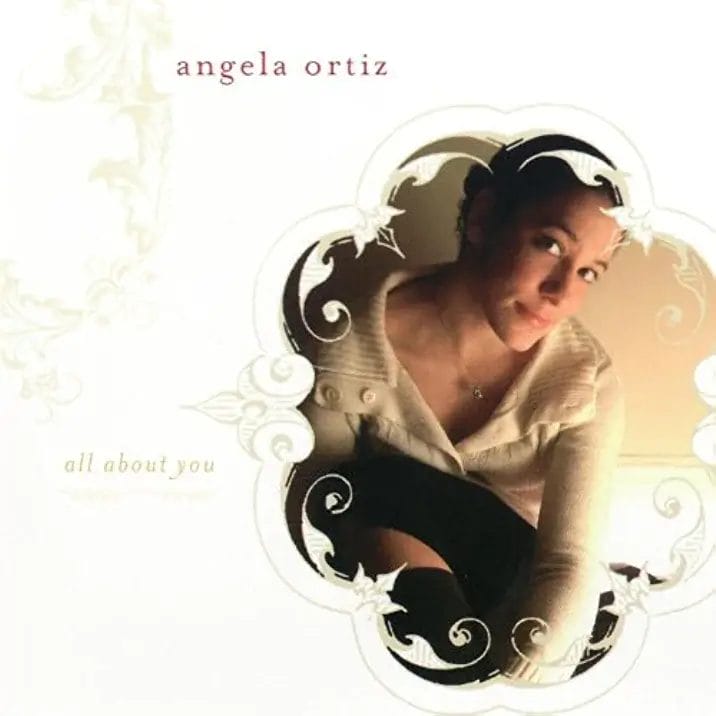Alice’s Adventures in Wonderland by Lewis Carrol is the most quoted book in the world behind the bible. This fact may come as a shock to you since the bible is read and used in many different situations around the world and Alice’s Adventures in Wonderland is an absurdist political commentary of an era in British royalty. Somehow, Alice’s Adventures in Wonderland has become so ingrained in language we are all unconscious of it. Lewis Carrol even popularized the term “Wonderland” which had been used in other works before but not nearly as much as it is today post Alice’s Adventures in Wonderland.
The language from Carrol’s book has become a mainstay in how people talk, including those who have never even read the books or seen the movies. Think about it, how many times have you said, “down the rabbit hole” or, “through the looking glass”? Maybe you’ve disliked a politician and called their actions “like the Red Queen.” Even sayings like “Red pill” or “Blue pill” have their roots in Alice. As the White Rabbit would say, “I’m late for a very important date!”
People will quote Alice in Wonderland and not even realize they are doing it. The vocabulary is all around us and ever-changing thanks to the internet.

Alice’s Adventures in Wonderland has transcended popular culture, it has become a part of and stayed in our language for over one hundred and fifty years. At this juncture, it’s not a matter of pop culture, it’s a facet of human culture. The language of Alice’s adventures in Wonderland is all over the place and we don’t even realize it. Take song titles for example. It does not matter if it’s a rock song like, “White Rabbit” by Jefferson Airplane or a pop song like “Alice” by Lady Gaga. The musicians of Alice in Chains came up with the name because their backstage passes said “Welcome to Wonderland” and they came up with the idea that Alice (a sign of childhood and purity) being put in chains (bondage) was a good name for a grunge band.
Somehow Lewis Carrol managed to go beyond generations, genres, and political ideologies. What I’m getting at is, Alice is here and she is here to stay.
Red Pill and Blue pill are perfect examples of hidden Alice-isms that have shifted and changed thanks to the internet. The saying comes from the Wachowski sister’s movie The Matrix. Neo (played by Keanu Reeves) is given a choice between a red pill and a blue pill, “You take the blue pill - the story ends, you wake up in your bed and believe whatever you want to believe. You take the red pill- you stay in Wonderland and see how deep the rabbit hole goes.” Taking the red pill was a saying that used to mean “opening one's eyes to the dark realities of the world.” This saying was co-opted again by the internet to then mean, “Opening one's eye to the dark (liberal) realities of the world.” When people refer to themselves as “red-pilled” it usually means they are now only reading the news from “alternative news sources” and treat women poorly. There is also the idea of being “Blackpilled” which goes even deeper, it’s when people conclude there is no way out of their dark reality and their actions are non-consequential.

You don’t have to look far into other aspects of society to see Carrol’s influence on language. Take for example news headlines. From the New York Times article “Don’t go down the Rabbit Hole” about misinformation on the internet to this excerpt from a Hollywood Reporter article talking about the January 6th committee, “The hearing compellingly made the case that Trump orchestrated the day’s terror, chronicling such events as his private meeting at the White House with Sidney Powell, Michael Flynn and Rudy Giuliani that probably made the Mad Hatter’s Tea Party look like a Mensa gathering.” Alice-isms are used by the media all the time. What’s even stranger is how Lewis Carrol’s creations are becoming a part of real life.
Due to the recent trend of people's mistrust of news, facts are no longer considered facts, if one disagrees with a news article it is brushed off as “Fake news.” If we can’t on what’s real then fantasy just declared war on reality. Add that to the distortion that algorithms cause in our lives, surrounding us in an echo chamber and warping everyone's perception into thinking more people agree with their ideologies than there are. This has pushed our society into one akin to the Red Queen’s rule (which admittedly is still a dream compared to Queen Redd’s rule!), where people are guilty before being charged. Acquittals are meaningless if everyone is shouting, “off with their head.”
I’m going to put a trigger warning here because the subject matter I’m about to dive into is quite disturbing and if you want to keep the article a bit lighter, skip to the next paragraph. The darkness that is attached to that last term is not the only time that Lewis Carrol’s creations have been used for vile things. It’s a shame how creations of such whimsy and beauty can also be quickly changed and morphed into something completely and totally vile. Take for example the now defunct deep-web website “Wonderland”, a website dedicated to the collection and sharing of child pornography. Luckily this website was taken down and all those responsible for its creation and many active users have been arrested and sent to prison.
Bringing it back to the infinitely brighter and moral side of life— I will also point out how “grinning like the Cheshire cat” is an idiom not created, but certainly popularized by Carroll as he penned the (sanitized and fictionalized) version of Alice’s (or is it Alyss’s?) iconic story. This term was originally coined in the 18th century by Francis Grose, but took off as the definitive way to ascribe a smarminess to someone’s smile by its appearance in Alice’s Adventures in Wonderland. To this day you can hear it in conversation and in song— listen to Cheshire Cat by Angela Ortiz (to name one of many songwriters that draw on the language of our favorite writer).

This essay barely scratches the surface of how Alice's Adventures in Wonderland has influenced popular culture, society, and even language. Carrol somehow managed to create terms and language that fit perfectly into our lexicon today. With the internet’s ability to connect anyone anywhere, weirdness and wackiness will remain and compound allowing the vocabulary he created to survive. Carrol has managed to do with his book what few books have done, not only become a part of popular culture but become culture itself. Since culture is ever evolving, Alice-isms, or phrases from Alice in Wonderland, will remain a part of us even when we can no longer blatantly see that the source is from Carrol’s work.

Jared Hoffman graduated from the American Film Institute with a degree in screenwriting. A Los Angeles native, his brand of comedy is satire stemming from the many different personalities and ego’s he has encountered throughout his life. As a lover of all things comedy, Jared is always working out new material and trying to make those around him laugh. His therapist claims this is a coping mechanism, but what does she know?